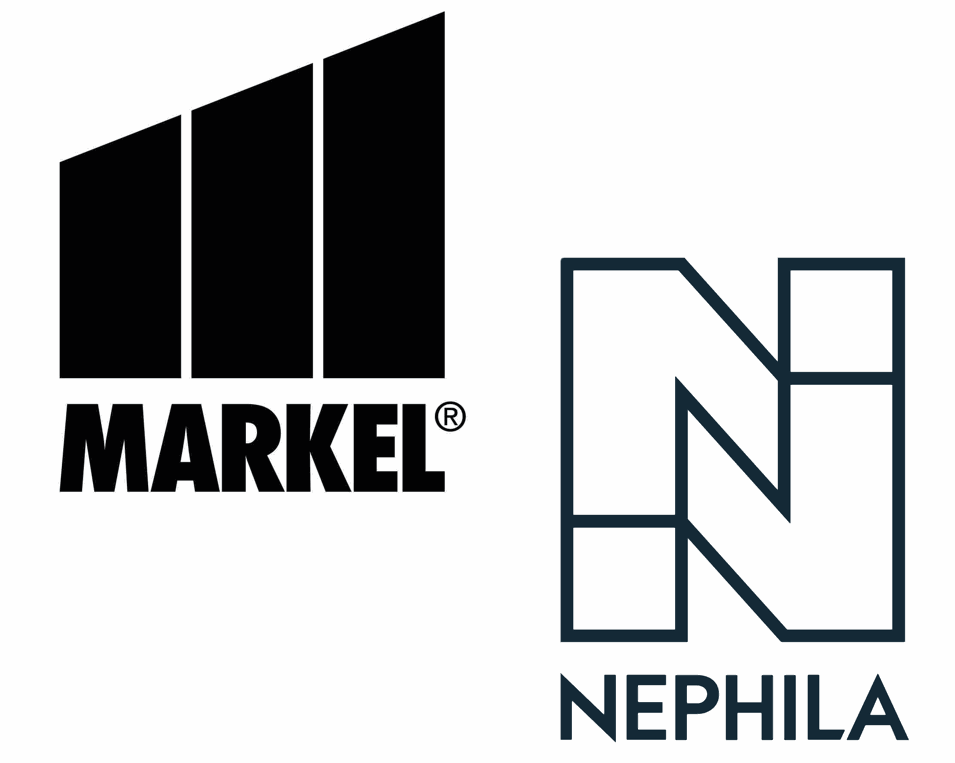Markel off-risk for cat, but opportunity for Nephila significant: Whitt

Markel Corporation is now officially “off-risk” for property catastrophe reinsurance, as of the end of the first-quarter of 2022, according to its Co-CEO Richie Whitt.
Back in 2020, Markel announced that Nephila Capital, its flagship dedicated insurance-linked securities (ILS) and reinsurance linked investment fund manager, would become the single point of entry for Markel’s access to property catastrophe reinsurance.
As Markel, like many other re/insurers, look to reduce volatility in their results, catastrophe exposure is the one area many struggle with.
But Markel, having entered the ILS market and acquired the largest manager in the space, Nephila Capital, had a ready made platform of experienced underwriters and capital for assuming cat risk.
Its senior executives thought this would be a cleaner approach and Markel has shifted all of its catastrophe reinsurance underwriting to Nephila’s vehicles and funds over the last year and a half.
With the end-result being, that Markel no longer has catastrophe reinsurance directly written or held on its balance-sheet.
Speaking during the recent first-quarter 2022 Markel earnings call, Co-CEO Richie Whitt explained, “Our property lines continued to run off as part of our exit strategy with the transition of our reinsurance property lines to Nephila and the decision to discontinue writing retro property business within our underwriting operations.”
Retrocessional property is now not written at all, after the shuttering of the Lodgepine retro ILS venture as well.
Whitt continued, “As of the end of the first quarter, in terms of reinsurance property, we are fully off-risk at this point.”
But that doesn’t mean the company isn’t attracted to the returns of catastrophe reinsurance underwriting, just that it prefers to operate that piece of its business leveraging third-party capital and simply for the fee income that it can earn, via its Nephila platform.
Which means there is no conflict of interest on catastrophe reinsurance linked returns, between Nephila and the rest of the wider Markel underwriting operation.
For some investors that might be an important fact as well, as the conflict of underwriters that retain some cat risk and cede the rest to third-party capital remains a challenging discussion, in some cases.
With Nephila now solely focused on its fund management operations (after the profitable sale of its MGA platforms), in catastrophe and climate related risks, it makes perfect sense for the volatility to be shifted to capital that is more efficient, while allowing the ILS manager to double-down on this market segment.
Markel still sees profitably opportunities in catastrophe reinsurance though, being aware of the harder marketplace and continued improvement in terms and structures underwritten in the market.
Referring to the Nephila business as a pure-play ILS fund manager, Whitt said, “We think the opportunity right now in the cat arena is significant.”






